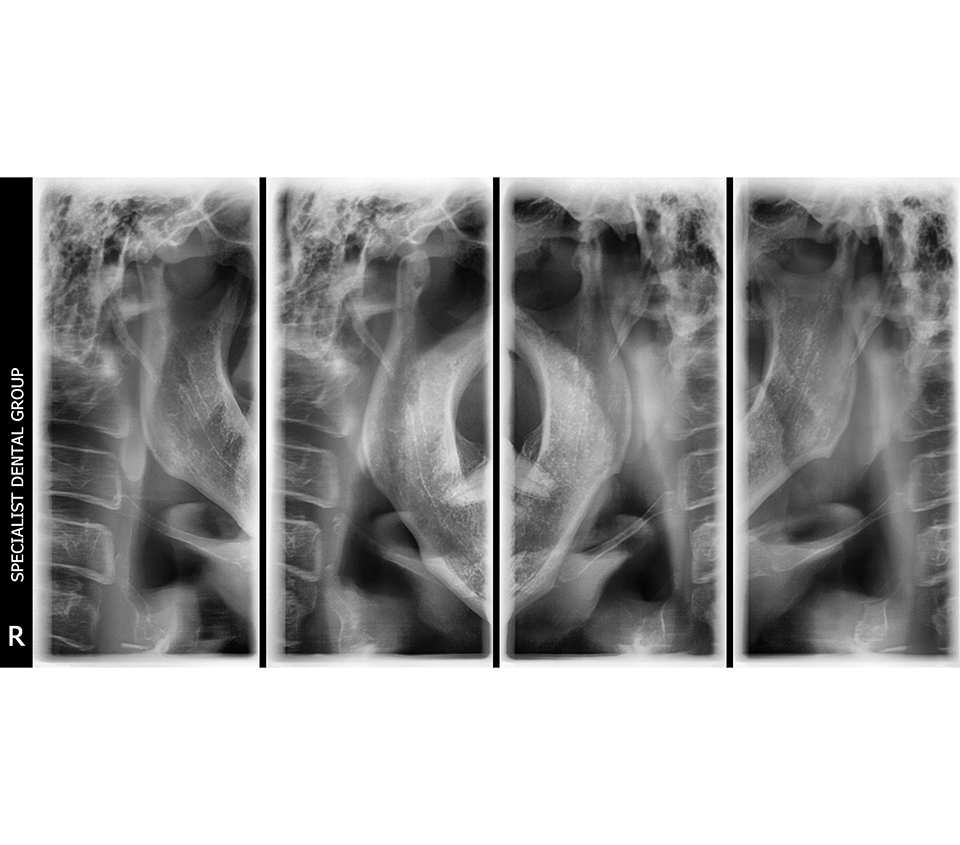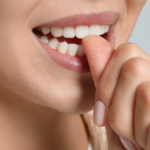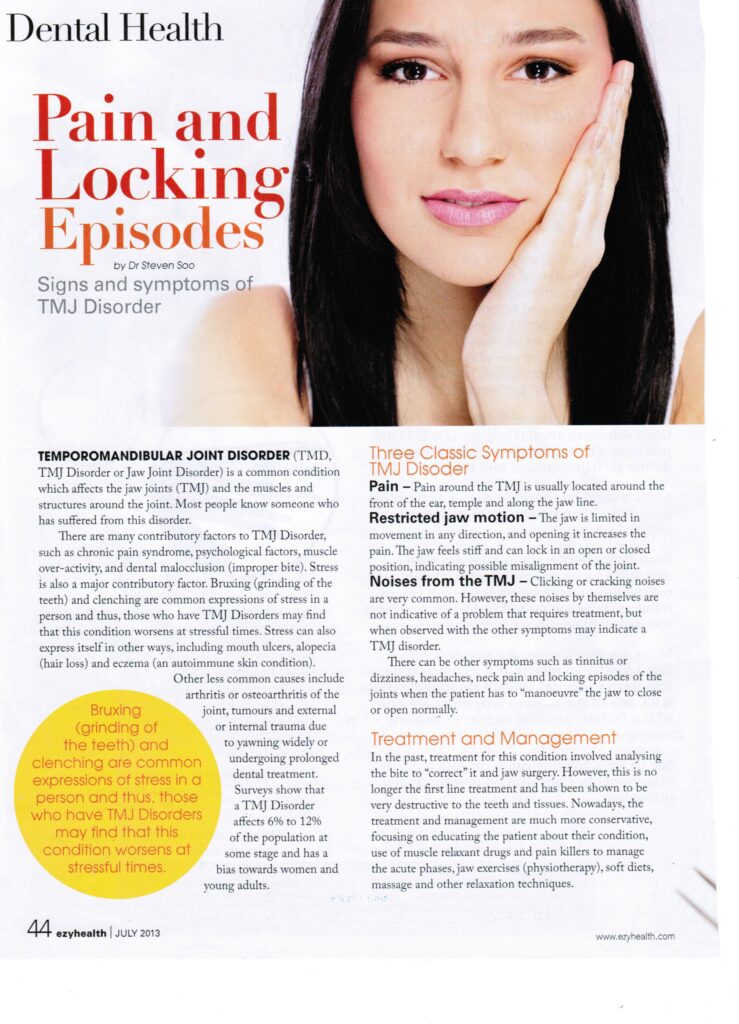TMJ treatment
Book a 30 minute consultation to start alleviating the pain
Or call: +65 6734 9393

Get relief from chronic pain with our specialist-led treatment
Many adults suffer from temporomandibular joint (TMJ) or jaw joint disorders, sometimes referred to as chronic facial pain. Common symptoms include pain in or around the ear, tenderness of the jaw, clicking or popping noises when opening the mouth, or even headaches and neck aches.

What is TMJ treatment?
TMJ treatments are aimed to allow patients to re-gain lost function and to get rid of the discomfort.
Treatments for TMJ pain may include stress reducing exercises, muscle relaxants, or wearing a mouth protector to prevent teeth grinding.
What can you expect during TMJ treatment?
Our dental specialist/ dentist will find out the details of your medical and dental history, go through a consultation and examination and take a digital X-ray of your teeth to enable a thorough and detailed diagnosis. Part of the clinical examination will include checking the joints and muscles for tenderness, clicking, popping or difficulty moving.
The type of treatment depends on the type of TMJ problem one is experiencing.
One common factor is stress. Stress increases the likelihood of bruxism (teeth grinding) and other lifestyle related conditions, which may result in TMJ problems. Bruxism can be easily treated with dental appliances such as a mouth guard.
Another factor is inflammation of the jaw joint, which results in a locked jaw. For these TMJ problems, treatment may be in the form of an injection of steroids or painkillers into the jaw joint.
In the case where missing teeth or poor bite is the reason for the symptoms, then a dental rehabilitation plan using crowns, dentures or dental implants may work.
Other instances, our dental specialists/ dentists may refer individuals to see a neurologist or undergo physiotherapy. The physiotherapist uses devices such as an ultrasound machine to help relax the muscles, making them less inflamed and less painful. Some head, neck and shoulder massages may also be deployed to help de-stress.
TMJ treatment typically requires more than two months. This is simply due to the fact that healing of jaw joints, the associated cartilage and muscle require time. It is known that recurrence is not uncommon in TMJ disorders. However, if the cause was sorted out before, re-treatment is usually rather straightforward.
Individuals who have a TMJ problem or past TMJ problems should also take note of their diet. Wherever possible, food should be cut into smaller pieces before eating. Dietary supplements for the joint such as glucosamine will also strengthen the jaw joints’ cartilage and speed up the healing process. Do not chew on ice cubes and avoid excessive chewing of hard nuts.
TMJ treatment fees
Wondering if Medisave can be used for this procedure?
Medisave does not apply to TMJ treatment. For more details on Medisave coverage, please visit our Medisave Page.
Meet our dental specialists in Singapore
Our fully trained team is dedicated to keeping timely and painless care of your teeth.
Frequently asked questions
Which group of people are more likely to get TMJ Disorders/ Pain?
TMJ pain is a multifactorial problem. TMJ disorders affect mostly women but men also suffer from it. The number of patients with TMJ disorders declines with age. In fact, older people without teeth seldom face TMJ problems.
The other common factor of TMJ disorder is stress. Epidemiology studies have shown that more than 70% urban populations (who face more stress) suffer from some form of TMJ problems during ones´ life time.














